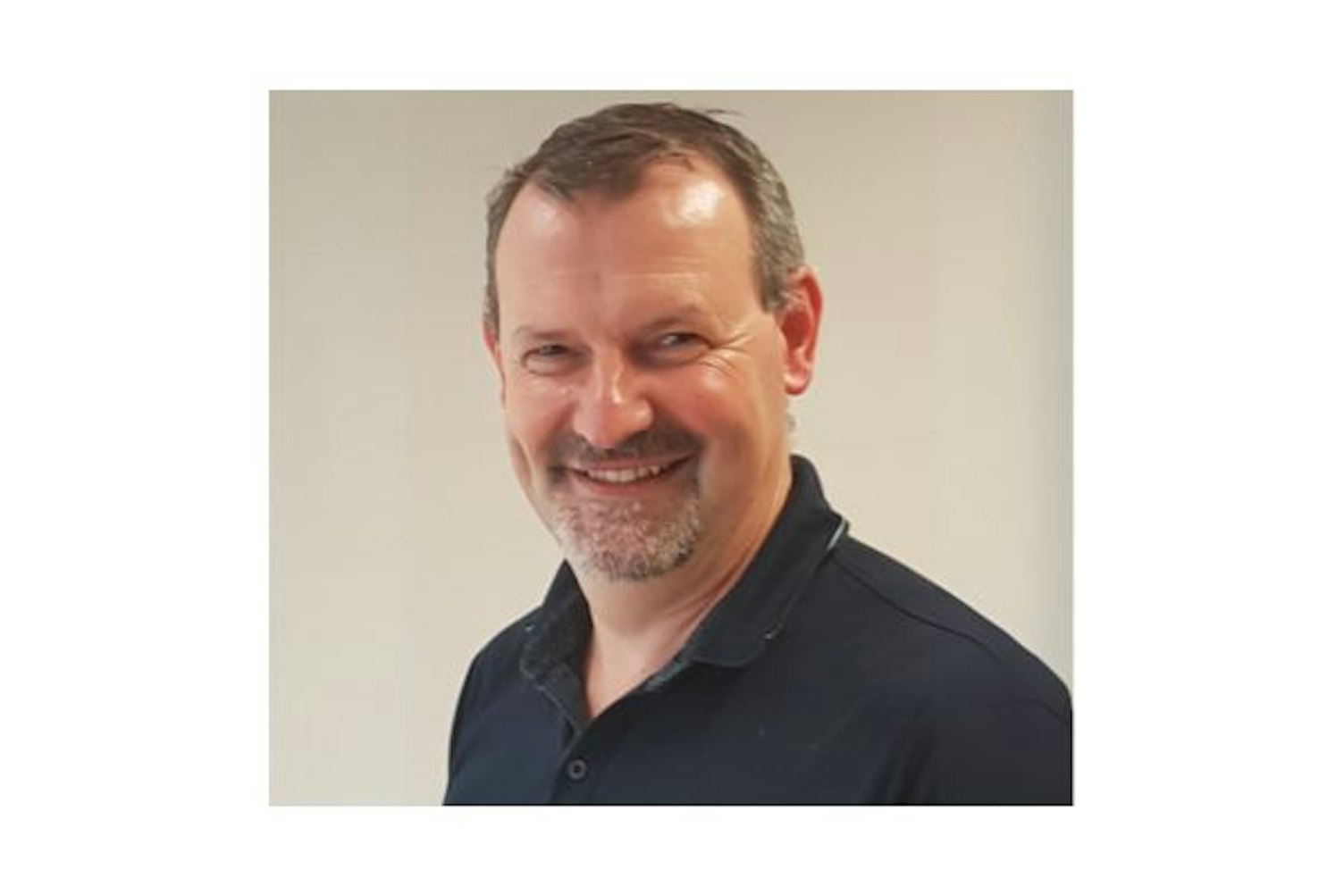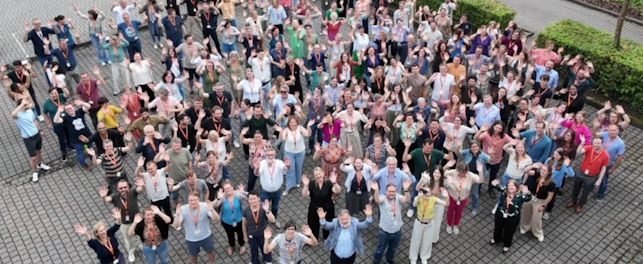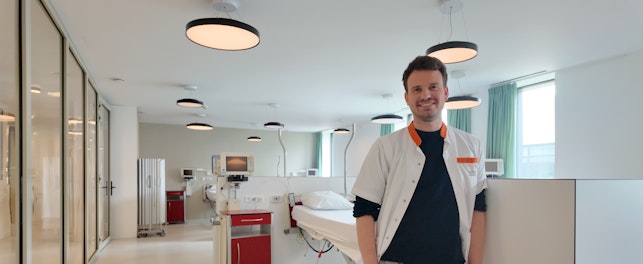What happens when a small biotech finds the right partner early enough?
When Kaerus Bioscience was preparing to run their first-in-human (FIH) clinical trial, they were working with a single asset and a lean internal team. Like many early-stage biotechs, they faced a familiar dilemma: how do you move efficiently from preclinical to clinical without overstretching your resources or compromising on quality?
The answer, in their case, came down to one critical decision: choosing a partner who could co-create the study from the ground up.
“We had a molecule with a compelling preclinical data package and a high-level plan but we needed someone who could challenge our thinking, shape the design and run the full study,” said Marc Ceusters, Head of Development at Kaerus Bioscience.

Co-creation in practice
SGS joined the project early, not just as an executor, but as a strategic sparring partner. Together, the teams translated Kaerus Bioscience’s high-level ideas into a tailored clinical development plan, balancing scientific ambition with practical constraints.
That collaboration was immediately tested in the design phase. Rather than follow a traditional dose-escalation model with separate cohorts, SGS proposed an alternating panel design. This approach reduced subject numbers, improved pharmacokinetic data quality and kept the timeline intact. Kaerus Bioscience embraced the suggestion.
SGS also took the lead in developing the protocol and investigator’s brochure, building both in parallel to avoid inconsistencies and delays. Close coordination between the teams responsible for both documents, regulatory strategy and medical writing were tightly aligned.
“The first protocol draft was already in great shape,” Marc recalls. “It paid off to take the time upfront. We avoided rounds of corrections later.”
Managing regulatory complexity
Even with solid preparation, regulatory questions were inevitable. The team had opted for overlapping SAD and MAD parts, limited sentinel dosing and inclusion of women of childbearing potential. Each of these required justification to the national authority.
SGS helped Kaerus respond with clarity and confidence, backing decisions with preclinical data, risk assessments and smart protocol wording. In one case, a conditional approval hinged on implementing post-study pregnancy testing for female volunteers. The team found a pragmatic solution: home test kits with clear instructions and follow-up protocols.
“It’s not just about ticking regulatory boxes,” said Thomas Lodeweyckx, Associate Medical Director at SGS. “It’s about knowing how to defend your choices and when to push back.”
A smooth execution, a confident next step
Thanks to close alignment between SGS’s project team, the clinical pharmacology unit and Kaerus Bioscience’s leadership, the trial launched with minimal delay. Weekly dose escalations remained on track thanks to well-planned PK sample logistics, data analysis routines and fast exploratory PK analysis. And thanks to excellent team work between SGS and Kaerus Bioscience.
Furthermore, the exploratory pharmacodynamic objectives (EEG and ERG) provided high-quality data. For a CNS compound, demonstrating central target engagement in healthy volunteers was of significant value. The results were strong enough for Kaerus Bioscience to confidently advance toward a phase II study in patients with Fragile X syndrome.
“We’re moving forward with data that gives us confidence. This study didn’t just meet the requirements, it gave us the insight we needed.”— Marc Ceusters
Takeaways for small biotechs heading into FIH
For early-stage biotech teams, the story of Kaerus Bioscience and SGS offers more than a successful case study. It’s a model of how FIH trials can work when collaboration starts early and when the CRO becomes an extension of the sponsor’s team.
It also highlights the value of investing time upfront on strategy, documentation and building trust.
“Treat your CRO like a co-creator,” Thomas advises. “The right one will act like it.”
Want to listen to the full conversation? Check out the webinar recording.
16th Floor, Block A, No.73 Fucheng Road, Century Yuhui Mansion,
Beijing, Haidian District,
China



